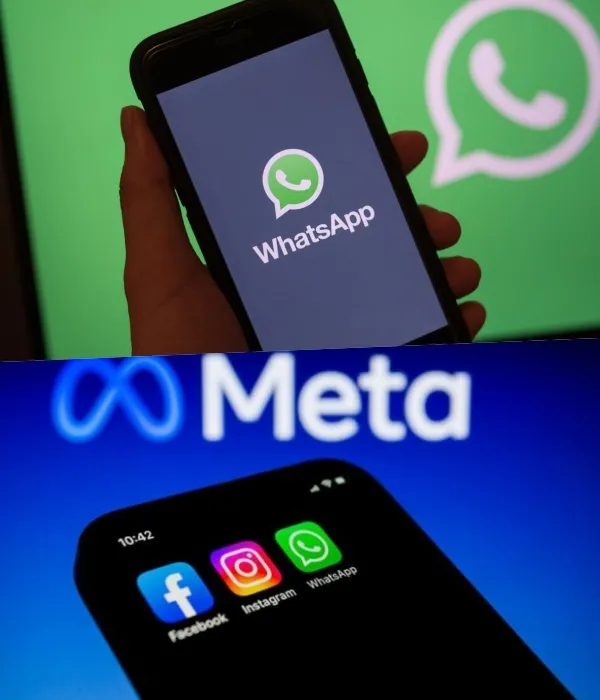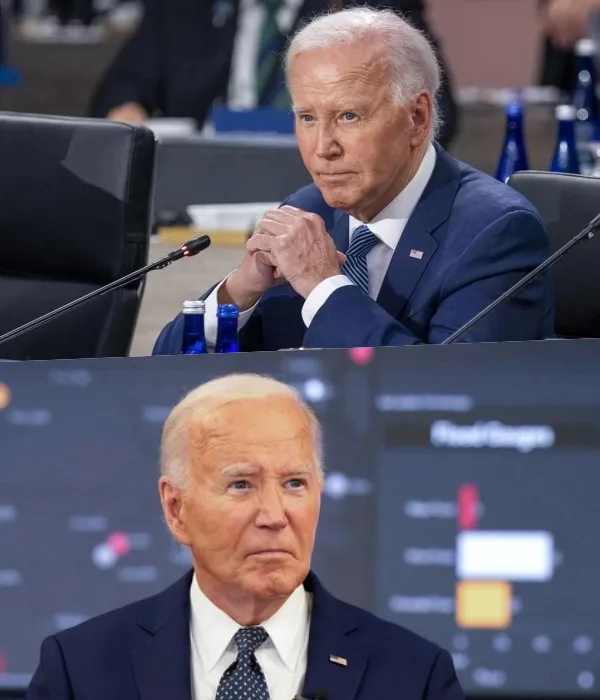
In a recent disclosure, Meta has announced that Iranian hackers have targeted the WhatsApp accounts of individuals linked to both the Biden and Trump administrations. This revelation highlights ongoing cyber threats and geopolitical tensions, underscoring the vulnerability of high-profile figures to malicious cyber activities.

Details of the Attack
Meta’s statement on Friday revealed that the cyber attack originated from Iran and aimed to compromise the WhatsApp accounts of political and diplomatic officials in various countries, including Israel, Palestine, Iran, the United States, and the United Kingdom. The hackers specifically targeted individuals associated with the administrations of President Joe Biden and former President Donald Trump.

This latest incident is part of a broader pattern of cyber threats linked to Iranian-backed groups. Meta identified the attackers as APT42, a group known for using phishing techniques to gain unauthorized access to online accounts. According to Meta, their security team intercepted and blocked a series of accounts posing as tech support agents, which were linked to APT42’s phishing efforts.
Broader Context of Cyber Threats
The attack on WhatsApp accounts adds to the growing list of cyber operations attributed to Iranian hackers. Just last week, Google reported ongoing hacking attempts targeting US presidential campaigns. These attacks aimed to breach the email accounts of individuals associated with President Biden, former President Trump, Vice President Kamala Harris, and both Democratic and Republican campaigns.
The significance of these cyber operations was further emphasized on Monday when US intelligence agencies officially attributed a hack and leak operation to Iran. This operation involved hackers accessing Roger Stone’s email account, a known Trump operative, with the goal of infiltrating additional campaign officials’ accounts. The FBI and other intelligence agencies have confirmed that Iranian actors have engaged in social engineering and other tactics to access key figures in both major political parties’ campaigns.

Meta’s Response and Investigation
Meta’s investigation into the hacking attempt has yet to reveal any confirmed compromises of the targeted WhatsApp accounts. However, the company has acted prudently by publicly sharing its findings and collaborating with law enforcement and industry partners. Meta’s decision to disclose the incident reflects an ongoing commitment to transparency and security, aiming to safeguard users from potential threats.
The targeted phishing attempts by APT42 involved deceptive practices designed to trick individuals into revealing their credentials. Meta’s swift action to block these malicious accounts underscores the company’s proactive approach to countering cyber threats.
Implications and Reactions

The disclosure of these attacks has drawn attention from various quarters. NEWS has reached out to both the White House and the Trump campaign for comments, highlighting the significant impact of such cybersecurity breaches on political figures and campaigns. The continued targeting of high-profile individuals illustrates the growing sophistication and persistence of cyber adversaries in the geopolitical arena.
As the 2024 US presidential election approaches, the threat of cyber interference remains a critical concern. The revelations by Meta and Google highlight the need for enhanced cybersecurity measures and vigilance among political campaigns and public figures.
The recent attempts by Iranian hackers to breach the WhatsApp accounts of Biden and Trump administration associates reflect a troubling trend in cyber warfare. The ongoing efforts by Iranian-backed groups to influence political processes underscore the importance of robust security practices and international cooperation in addressing cyber threats.






